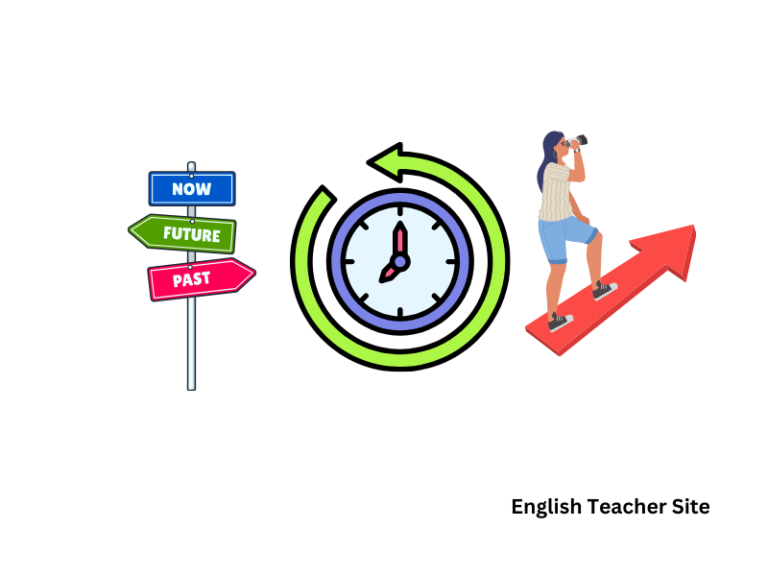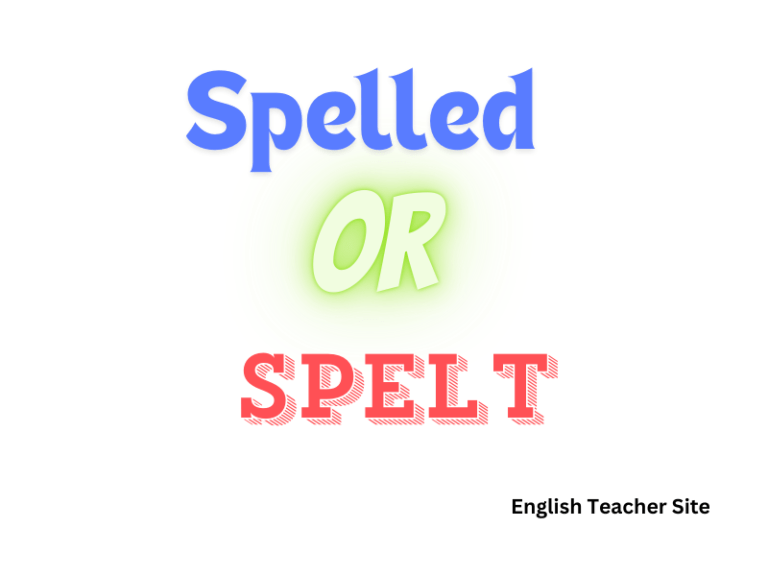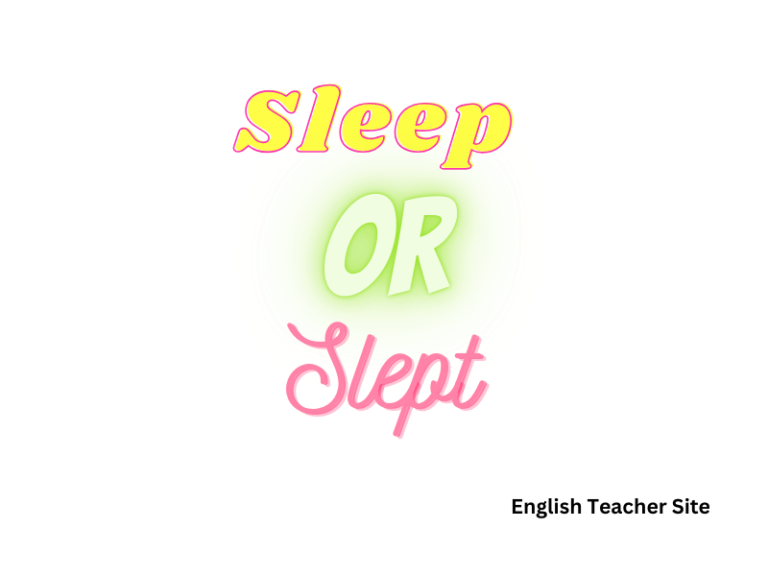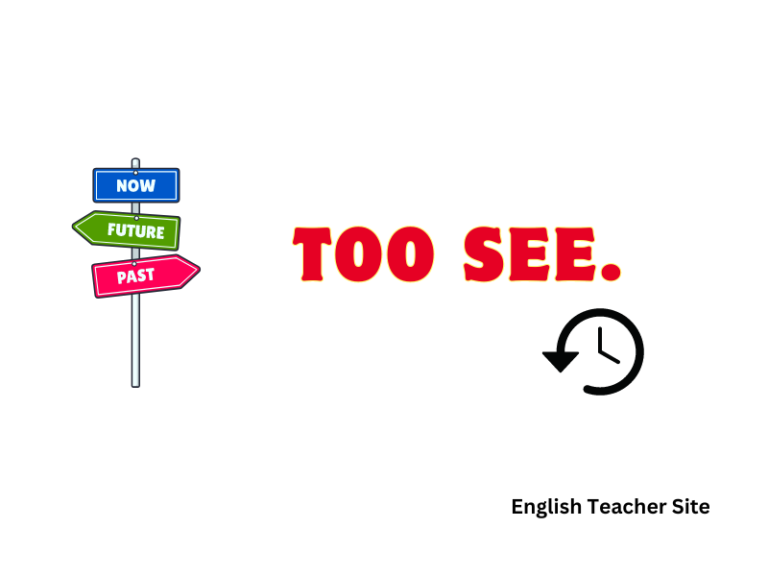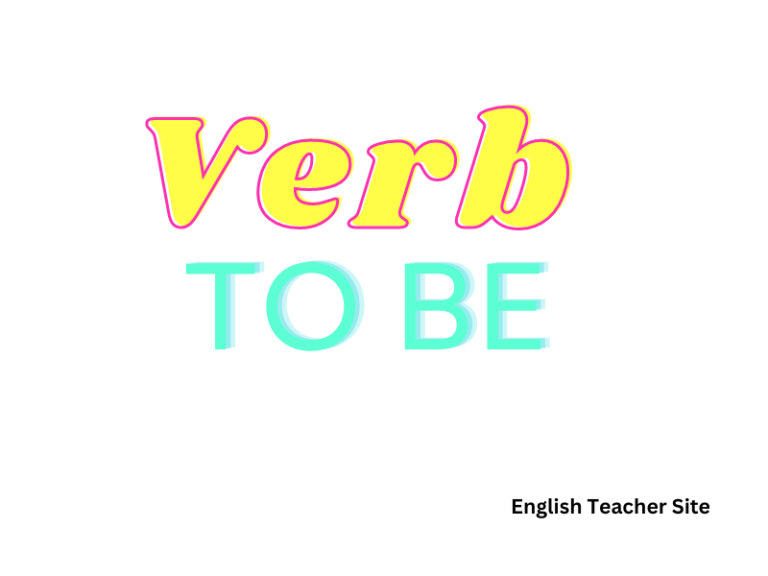Confused About the Past Tense of Hurt? Get the Facts
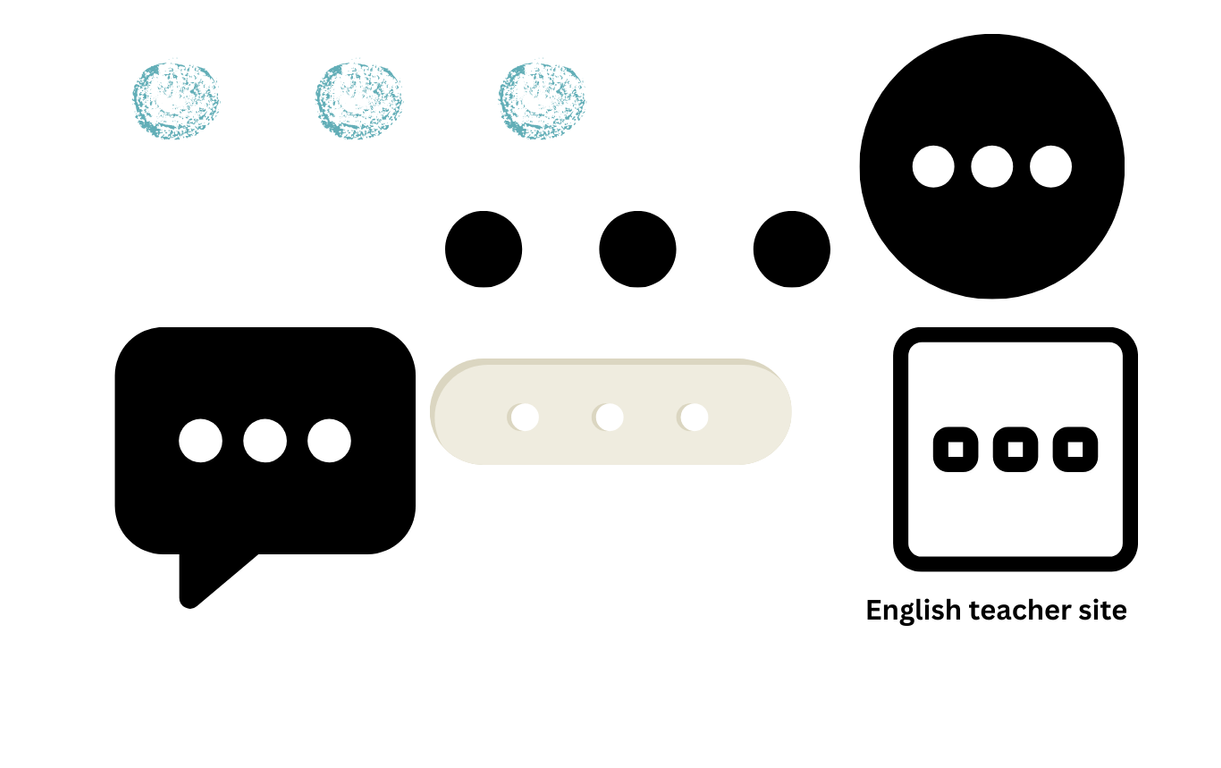
The past tense of “hurt” often causes confusion because it doesn’t follow the typical rules that many English learners expect. While most English verbs form the past tense by adding “-ed,” “hurt” remains the same in both its present and past tense forms. This anomaly leads many people to make mistakes, such as using “hurted” instead of “hurt” or incorrectly applying “hurts” in contexts where the past tense should be used. Understanding the reason behind these irregularities can help resolve this confusion and boost your confidence in using “hurt” correctly.
Understanding the Verb Hurt: An Irregular Verb
The Nature of Irregular Verbs and Why They Don’t Follow Standard Rules
Irregular verbs are verbs that do not follow the conventional “-ed” rule for forming the past tense. This means that their past tense form is unique and must be learned individually. The verb “hurt” is one such irregular verb. Unlike regular verbs, which transform by adding “-ed” (e.g., “walk” becomes “walked”), “hurt” keeps its form in both present and past tense, making it a particularly challenging verb for English learners.
How the Verb Hurt Differs from Regular Verbs in Its Conjugation
The verb “hurt” is part of a larger group of irregular verbs that undergo changes not tied to the “-ed” suffix. This means that in the past tense, “hurt” doesn’t change at all. For example, “I hurt my arm yesterday” uses the past tense of “hurt,” even though it looks the same as the present tense. In contrast, regular verbs like “play” or “jump” will become “played” or “jumped” in the past tense. This distinction is crucial for English learners because it highlights the need to memorize the unique forms of irregular verbs.
The Past Tense of Hurt: Hurt vs. Hurts
Why Hurt Remains the Same in Both Present and Past Tense
One of the key reasons “hurt” causes confusion is that it is one of those irregular verbs that remains unchanged in both its present and past tense forms. While many verbs change in the past tense (e.g., “run” becomes “ran”), “hurt” stays the same. This can be confusing because it feels as though the verb should have a different form for the past tense, but in this case, it does not.
When to Use Hurt in the Past Tense
The correct usage of “hurt” in the past tense depends on the context. If you are referring to an action that happened in the past, use “hurt” regardless of whether the sentence is in the present or past tense. For example, “I hurt my knee last week” is the correct form when talking about a past action. On the other hand, “hurts” is used in the present tense, as in “It hurts now.”
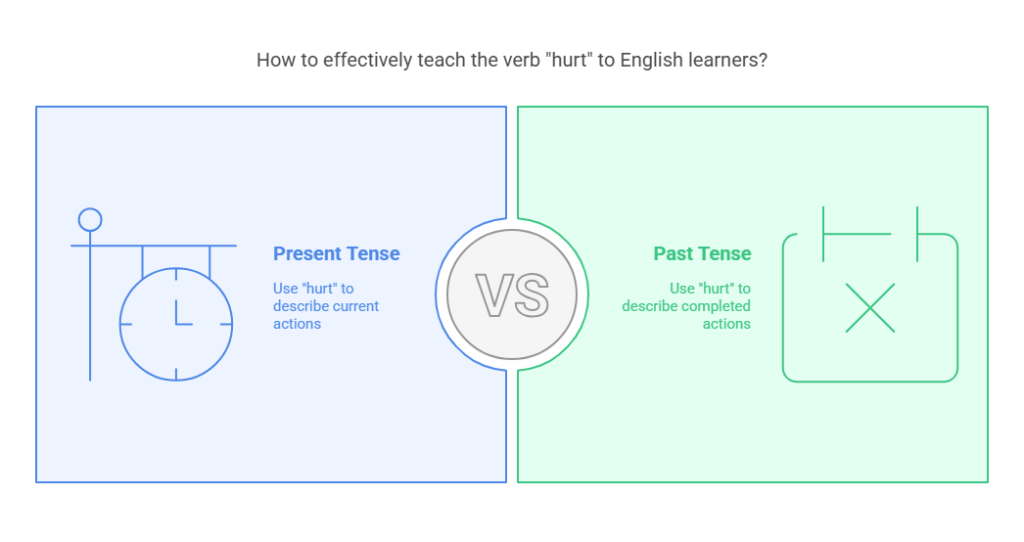
Examples of Hurt in the Past Tense
Using “hurt” correctly in the past tense can be challenging, but with practice, it becomes intuitive. Whether you’re writing a personal letter, an academic paper, or a professional email, the correct usage of “hurt” helps convey the right meaning.
The key is to remember that “hurt” remains the same in both present and past forms. For example, you might say, “She hurt herself while climbing yesterday” (past tense) or “She hurt herself while climbing” (present tense). Recognizing the context in which the verb is being used—whether referring to the past or present—is crucial in maintaining grammatical accuracy.
How to Use Hurt in Different Sentence Structures
It’s also important to be able to use “hurt” in different sentence structures. You might encounter phrases like, “I’ve hurt my arm,” in the present perfect tense or, “I had hurt my foot before the race,” in the past perfect tense. In both cases, “hurt” remains unchanged despite the shift in tense, and understanding how to use it in various contexts will help you avoid mistakes.
Avoiding Confusion Between Hurt and Hurted
One of the most common mistakes is incorrectly using “hurted” instead of “hurt.” The verb “hurt” does not have a separate past tense form like many other verbs. “Hurted” is not a word in the English language, so it’s crucial to avoid this error and stick with the correct form, “hurt.”
Common Mistakes with the Past Tense of Hurt
Mistaking Hurt for Hurted and Why It’s Incorrect
The most frequent mistake with “hurt” is the use of “hurted” in place of “hurt.” “Hurted” is never correct. The verb “hurt” is both the base form and the past tense form, and there is no need to add the “-ed” suffix. Using “hurted” is a clear grammatical error that can affect the professionalism of your writing.
Using Hurts When Talking About Past Actions
Another mistake is using “hurts” when talking about past actions. For example, saying, “I hurts myself yesterday” is incorrect. The correct usage is “hurt” in the past tense: “I hurt myself yesterday.” “Hurts” should only be used when referring to the present tense.
Misusing the Past Tense in Everyday Conversation
In everyday conversation, it’s easy to misplace verb forms, especially with irregular verbs like “hurt.” People might say, “It hurted when I fell,” or “He hurts his leg yesterday.” These are incorrect, and the verb should simply remain “hurt” in both cases. Being aware of these common misuses can help prevent these errors.
Tips for Mastering the Past Tense of Hurt
A Quick Guide to Help Remember When and How to Use Hurt
To master the past tense of “hurt,” remember that it stays the same in both the present and past tense. If you’re talking about something that happened in the past, use “hurt.” When speaking in the present tense about something causing pain, use “hurts.” With consistent practice, recognizing the correct tense will become second nature.
Common Triggers That Lead to Mistakes and How to Avoid Them
One common trigger for errors is confusion between “hurt” and “hurted” or “hurts.” A helpful tip is to always pause and think about the context: Are you talking about something that happened in the past, or is it an ongoing action? This simple check can help avoid mistakes.
Practice Exercises to Reinforce Correct Usage
Using exercises can help reinforce your understanding of when to use “hurt.” Try creating sentences that involve both present and past situations, ensuring that “hurt” stays the same in all past-tense contexts. This will build muscle memory for the correct form.
Conclusion: Becoming Confident with the Past Tense of Hurt
Mastering the past tense of “hurt” is a matter of understanding its irregular nature and applying it correctly in different contexts. By avoiding common mistakes, practicing with various examples, and staying mindful of the context in which you’re using the verb, you’ll become confident in your ability to use “hurt” properly. Keep practicing, and soon enough, using “hurt” will feel as natural as any other verb.
Sources
Dictionary, https://www.etymonline.com/word/hurt.
My name is Khamis Maiouf. I am the creator of the English Teacher Site, dedicated to providing valuable resources and insights for students around the world. With a passion for education and a commitment to helping students enhance their skills, I aim to make English teaching more effective and enjoyable for both educators and students.

